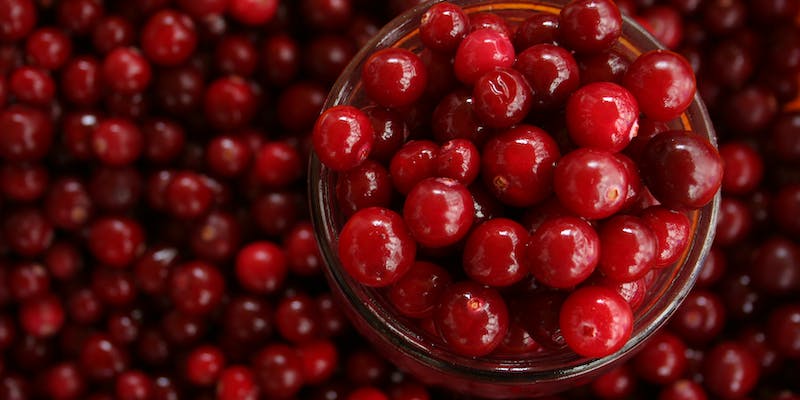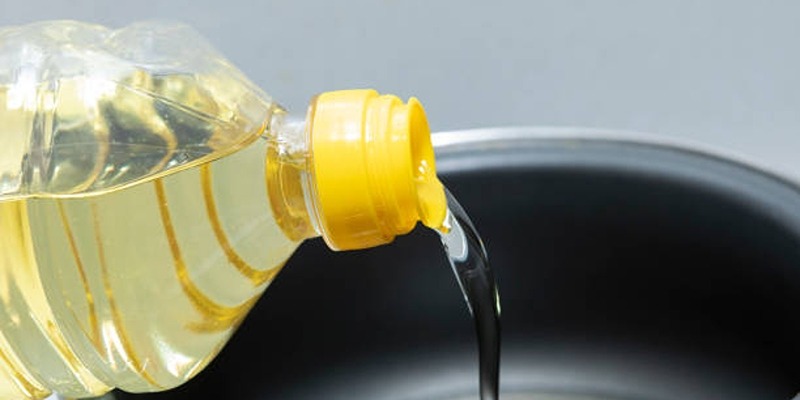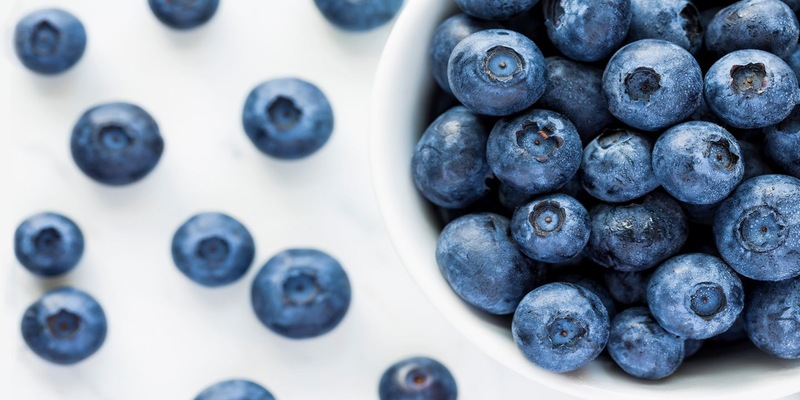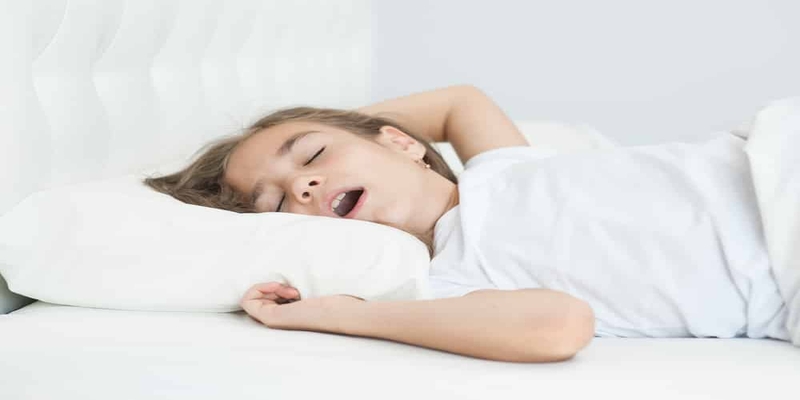Acne is a common skin condition that affects many teenagers. It can be frustrating and embarrassing, but it can be managed effectively with the proper knowledge and habits. In this guide, we will discuss some tips for managing teen acne and highlight mistakes to avoid.
Understanding Teen Acne
Acne is a common skin condition when hair follicles become clogged with oil and dead skin cells. It typically appears as pimples, blackheads, or whiteheads on the face, chest, back, and shoulders.
While acne can affect people of all ages, it is most commonly seen in teenagers. It is due to the hormonal changes that occur during puberty, which can lead to increased oil production in the skin.
During puberty, the body produces higher levels of hormones called androgens. These hormones stimulate the sebaceous glands in the skin to produce more oil. When this excess oil mixes with dead skin cells and bacteria, it can clog the hair follicles and lead to acne.
Additionally, the increased production of androgens can cause the skin cells to shed more rapidly, further contributing to clogged pores.
Understanding one's skin type and severity of acne for effective treatment
Different skin types have different needs and may respond differently to various treatments. For example, individuals with oily skin may benefit from products that help control oil production, while those with dry or sensitive skin may require gentler, moisturising treatments.
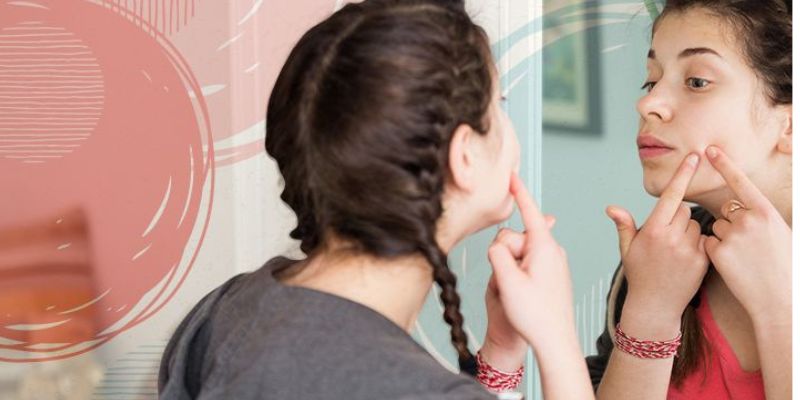
The severity of acne can also vary significantly from person to person. Mild acne may consist of occasional pimples or blackheads, while severe acne can involve widespread inflammation and deep cysts.
Determining the severity of acne helps determine the appropriate treatment approach. Mild acne may be managed with over-the-counter products, while severe acne may require prescription medications or dermatological interventions.
Things to Follow for Teen Acne Survival: How to get rid of teenage pimples naturally at home?
Skincare Routine
For those with acne-prone skin, establishing a proper skincare routine is crucial in managing breakouts and promoting overall skin health. A step-by-step guide can help individuals navigate through the process effectively.
Firstly, cleaning the skin twice daily using a gentle cleanser formulated for acne-prone skin is essential. It helps remove dirt, excess oil, and impurities that can clog pores.
After cleansing, applying a suitable toner can help balance the skin's pH level and minimise the appearance of pores. The next step involves using a targeted acne treatment, such as a spot or serum, to address existing blemishes.
Hydrating the skin with an oil-free moisturiser that won't clog pores is essential. Lastly, sunscreen should always be applied to protect the skin from harmful UV rays, even on cloudy days.
Healthy Lifestyle Habits
Maintaining a healthy lifestyle in managing acne can significantly support the skin's health and reduce breakouts. Firstly, a balanced diet of fruits, vegetables, whole grains, and lean proteins can provide essential nutrients that promote overall skin health.
Additionally, drinking adequate daily water helps flush out toxins and keeps the skin hydrated from within. Regular exercise is also beneficial as it improves blood circulation, which aids in delivering oxygen and nutrients to the skin.
Moreover, managing stress levels through practices such as meditation or engaging in hobbies can help reduce cortisol levels, which may contribute to acne flare-ups. Finally, getting sufficient sleep is crucial as it allows the body to repair and regenerate skin cells, leading to a healthier complexion.
Hygiene Practices
Maintaining good hygiene habits is paramount in preventing acne breakouts. Firstly, washing the face twice daily with a gentle cleanser is essential to remove dirt, bacteria, and excess oil that can clog pores. However, excessive washing or harsh cleansers can strip the skin of its natural oils and lead to dryness, so finding a balance is critical.
Additionally, avoiding touching the face throughout the day can help prevent the transfer of bacteria and oils from the hands onto the skin. It is also crucial to regularly wash pillowcases, towels, and other items that come into contact with the face to prevent the accumulation of bacteria.
Lastly, refraining from squeezing or picking at pimples can minimise inflammation and prevent the spread of bacteria, reducing the risk of further breakouts.
Mistakes to Avoid in Teen Acne: How to get a clear skin?
When it comes to treating teen acne, several mistakes should be avoided.
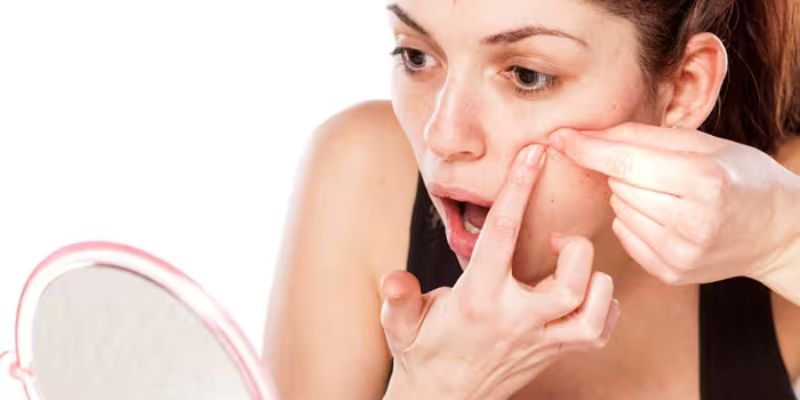
Overwashing or Harsh Scrubbing
Overwashing or harshly scrubbing the skin can make acne worse. Cleaning the skin gently and only twice daily is essential to avoid stripping away natural oils and irritating the skin.
Squeezing or Popping Pimples
Another mistake is squeezing or popping pimples. While tempting, it can lead to inflammation, scarring, and spreading bacteria. It is best to let pimples heal independently or seek professional help for proper extraction.
Using Heavy Makeup or Comedogenic products
Using heavy makeup or comedogenic products can also exacerbate acne. Choosing non-comedogenic or oil-free products that won't clog pores is essential.
Not seeking professional help.
Not seeking professional help is another common mistake. A dermatologist can provide personalised treatment options and advice tailored to individual skin types and severity of acne.
Skipping sunscreen
Skipping sunscreen is a mistake that should also be avoided. Sunscreen helps protect the skin from harmful UV rays and prevents post-inflammatory hyperpigmentation. Look for oil-free and non-comedogenic sunscreen formulas.
Trying too many treatments at once
Trying too many treatments at once can irritate the skin and make it difficult to determine what is working. It is essential to introduce new products or medicines gradually and give them time to work before trying something new.
By avoiding these common mistakes, teens can better care of their skin and effectively manage their acne.
Conclusion
Acne is a standard part of the teenage years, but it can be managed effectively with proper care and knowledge. Remember to stick to a consistent skincare routine tailored for acne-prone skin and avoid common mistakes that could worsen breakouts. Don't hesitate to seek professional help if needed. With patience and persistence, you can overcome teen acne!
